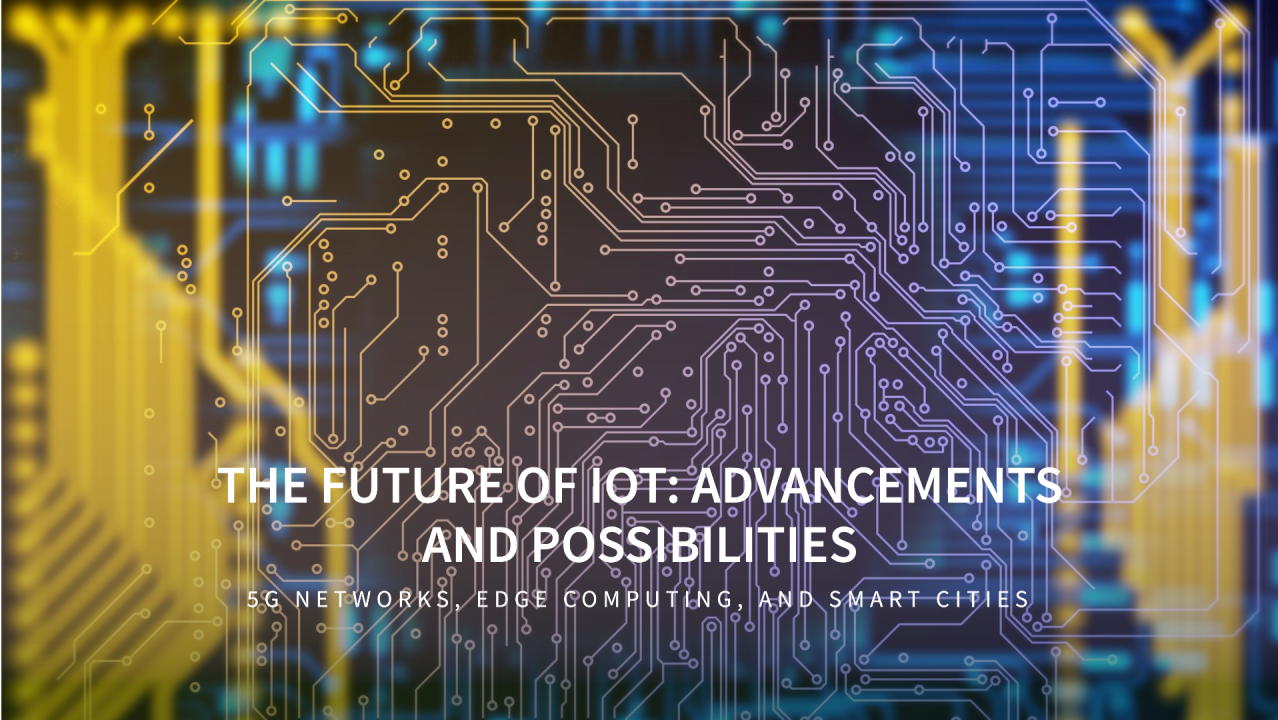
Unlocking the Potential: The Future of Internet of Things (IoT)
Vakil Virat
CEO & Founder @ Viwosoft Technologies | Innovating Elegant Solutions for Complex Challenges | Leading Brand Development Strategist | Connecting Brands with Multicultural Audiences | 15K+ Family
In today's digital age, the Internet of Things (IoT) stands as a beacon of innovation, transforming the way we interact with technology and the world around us. From smart homes to industrial automation, IoT has revolutionized various sectors, offering unparalleled convenience, efficiency, and connectivity. But what lies ahead for this dynamic field? Let's delve into the future of IoT and explore its significance in meeting the evolving needs of consumers.
How Important is IoT According to Today’s Consumer Requirements?
In a world driven by connectivity and automation, IoT has become increasingly vital in meeting the demands of modern consumers. Today's consumers seek convenience, efficiency, and personalized experiences, all of which IoT can deliver. Whether it's smart home devices that streamline daily tasks or wearable health trackers that monitor well-being, IoT solutions cater to the evolving needs and preferences of consumers. With the proliferation of connected devices, consumers expect seamless integration and intelligent automation to enhance their lifestyles and productivity.
What’s Next? Potential Future Developments in IoT:
1. 5G Networks: The advent of 5G networks is set to revolutionize IoT capabilities, offering unprecedented speed, low latency, and connectivity density. With faster data transmission and reduced lag times, 5G will enable real-time communication and support a massive influx of connected devices. This opens up possibilities for IoT applications in sectors such as autonomous vehicles, remote healthcare, and smart infrastructure.
领英推荐
2. Edge Computing: Edge computing brings computational power closer to the data source, reducing latency and enhancing data processing capabilities. In IoT, edge computing enables real-time analytics and decision-making at the device level, minimizing reliance on cloud infrastructure. This not only improves responsiveness but also enhances data privacy and security, making edge-enabled IoT solutions ideal for critical applications in healthcare, manufacturing, and logistics.
3. Smart Cities: The concept of smart cities revolves around leveraging IoT technologies to enhance urban infrastructure and services. From intelligent transportation systems and energy-efficient buildings to sensor-equipped waste management, smart cities aim to improve sustainability, efficiency, and quality of life for residents. With IoT sensors and data analytics, cities can optimize resource utilization, reduce congestion, and mitigate environmental impact, paving the way for a more connected and sustainable future.
Conclusion:
As we navigate the ever-evolving landscape of technology, IoT continues to play a pivotal role in shaping our interconnected world. With its ability to drive innovation, improve efficiency, and enhance experiences, IoT is poised to remain at the forefront of technological advancements. By embracing emerging trends such as 5G networks, edge computing, and smart city initiatives, we can unlock the full potential of IoT and usher in a future defined by connectivity, intelligence, and prosperity.
For more insights on the future of IoT and cutting-edge technology solutions, stay tuned to Viwosoft Technologies.